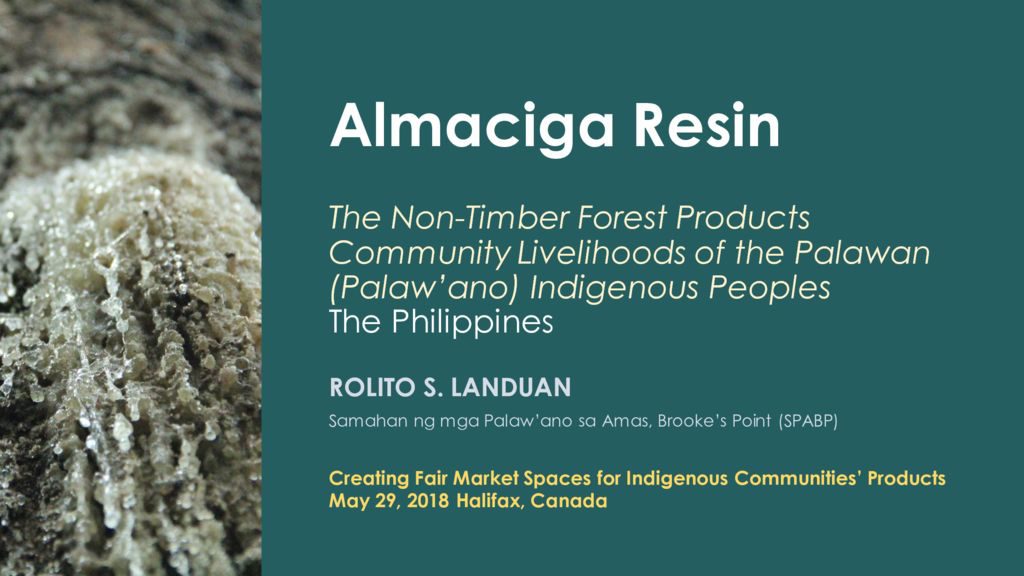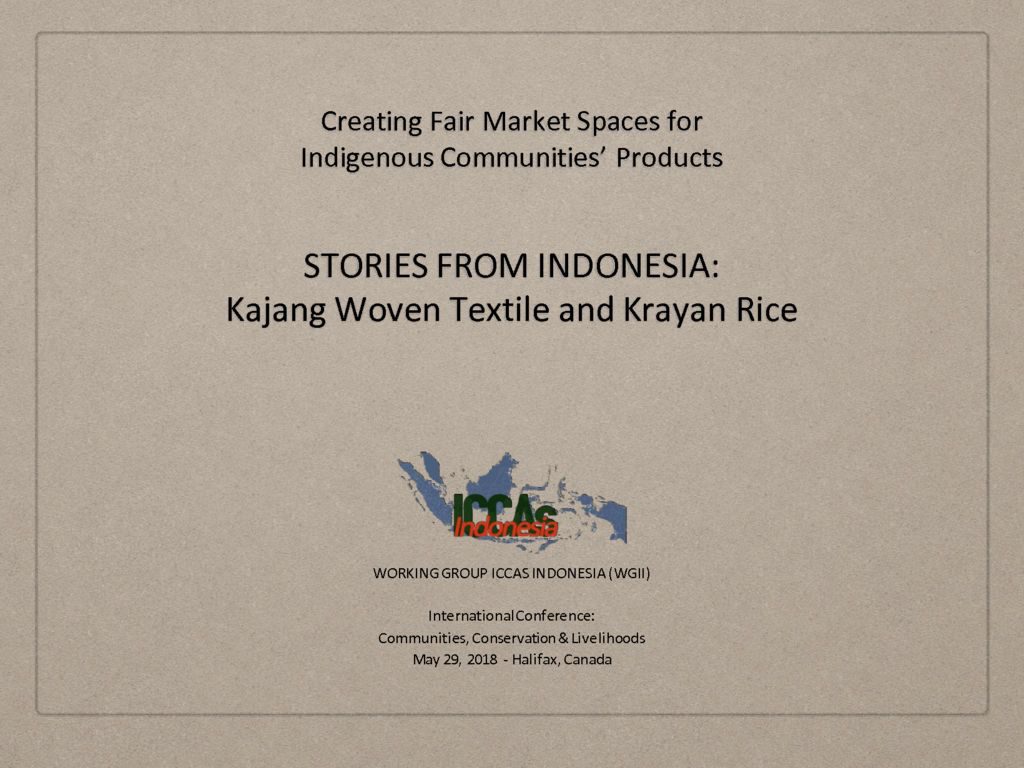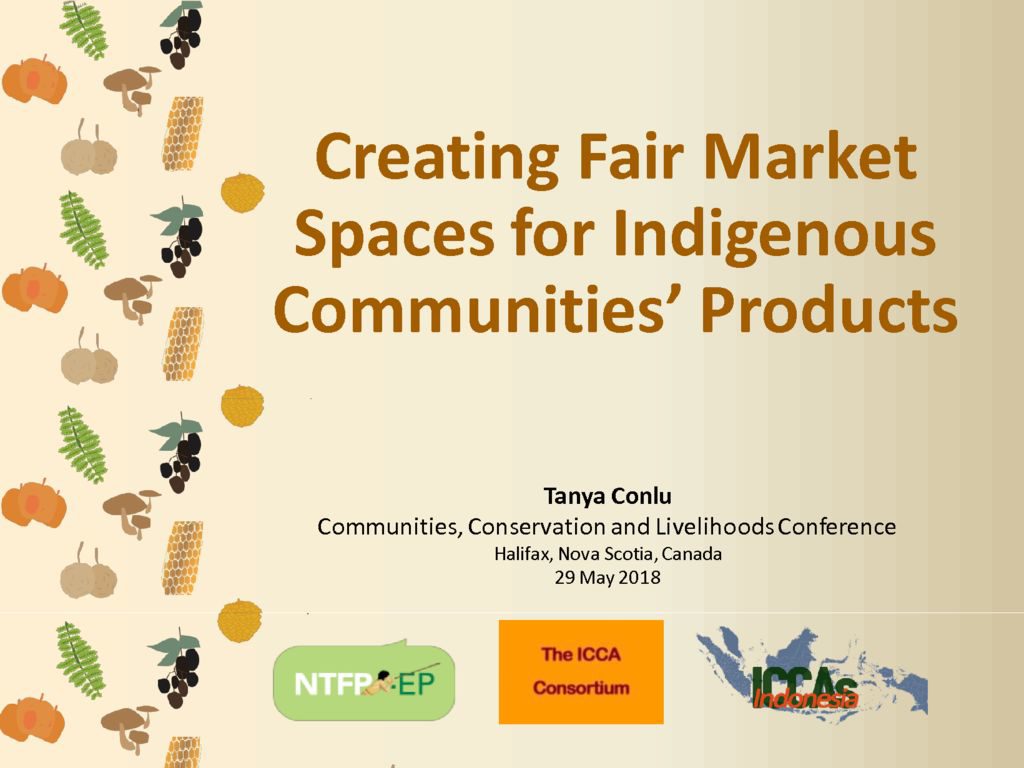26 Mar Creating Fair Market Spaces for Indigenous Communities’ Products
Today, as indigenous populations are increasing and their forest territories are shrinking due to land grabbing and development, it is becoming increasingly important for communities to go beyond subsistence. Securing new streams of income by developing community-based enterprises can increase economic benefits while maintaining sustainable local resource management and preserving traditional knowledge and values. Sale of non-timber forest products with market potential can protect significant biodiversity and fulfill economic needs of forest-dependent communities.
Often, however, indigenous populations are in isolated areas with limited access and interaction with consumers and markets. Understanding what consumers need is an important precondition to the saleability of local products and the sustainability of community enterprises. Market rules are also not always fair, and biased towards a focus centered around profit – which has high social and ecological costs. Creating fair market space for indigenous communities products emphasizes sustainability and the three “E’s” of environment, economy, and equity.
Key Themes:
Indigenous Issues, Factors of Success in Community Conservation, Livelihoods, Climate & Environmental Changes
Click title to expand section below:
Creating Fair Market Spaces for Indigenous Communities' Products: Presented Material
Rolito Landuan (Samahan ng mga Palawano sa Brooke’s Point)
Kasmita Widodo (Working Group for ICCAs in Indonesia), Cristina Eghenter (WWF-Indonesia)
Tanya Conlu (Non-Timber Forest Products – Exchange Programme), Norlita Colili (Non-Timber Forest Products – Exchange Programme), Femy Pinto (Non-Timber Forest Products – Exchange Programme), Natasya Muliandari (Non-Timber Forest Products – Exchange Programme), Conchita Calzado (Non-Timber Forest Products – Exchange Programme)





